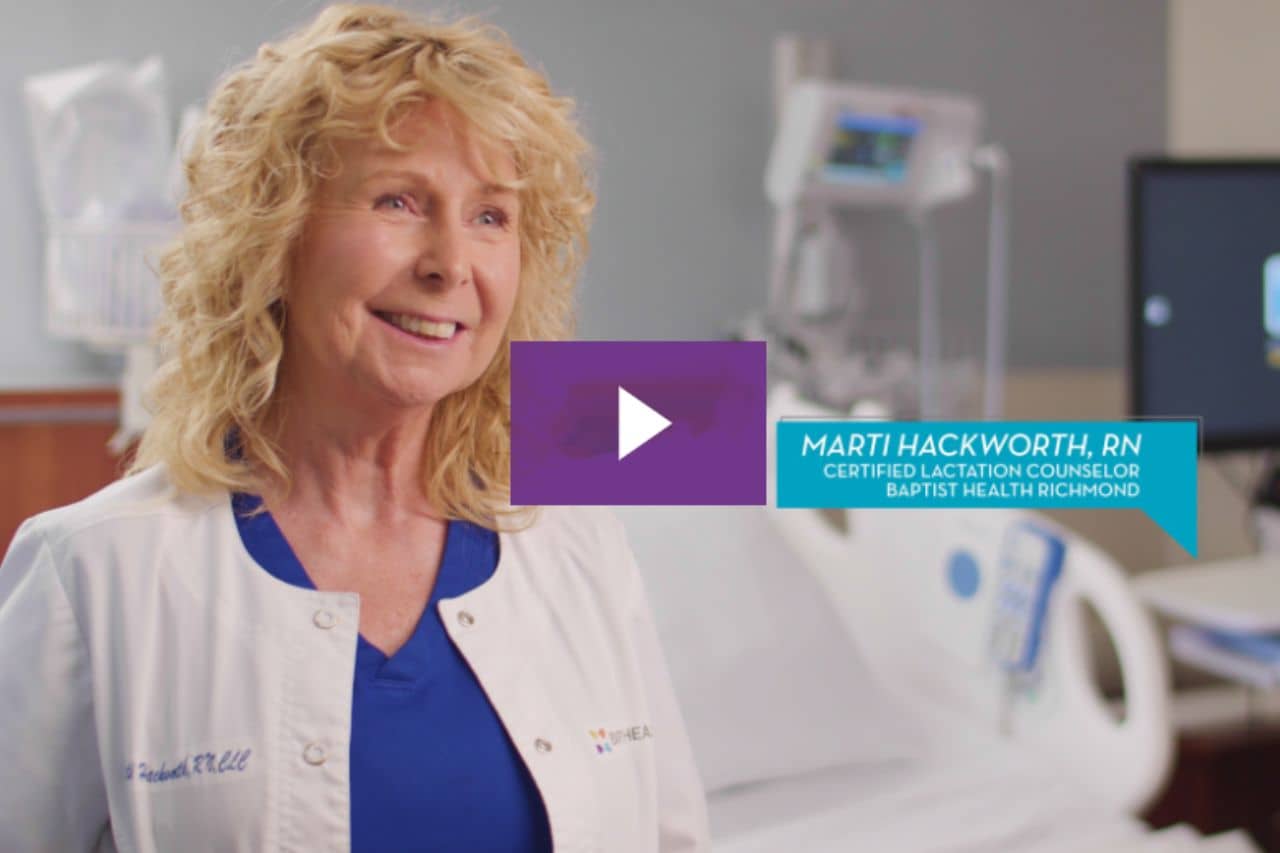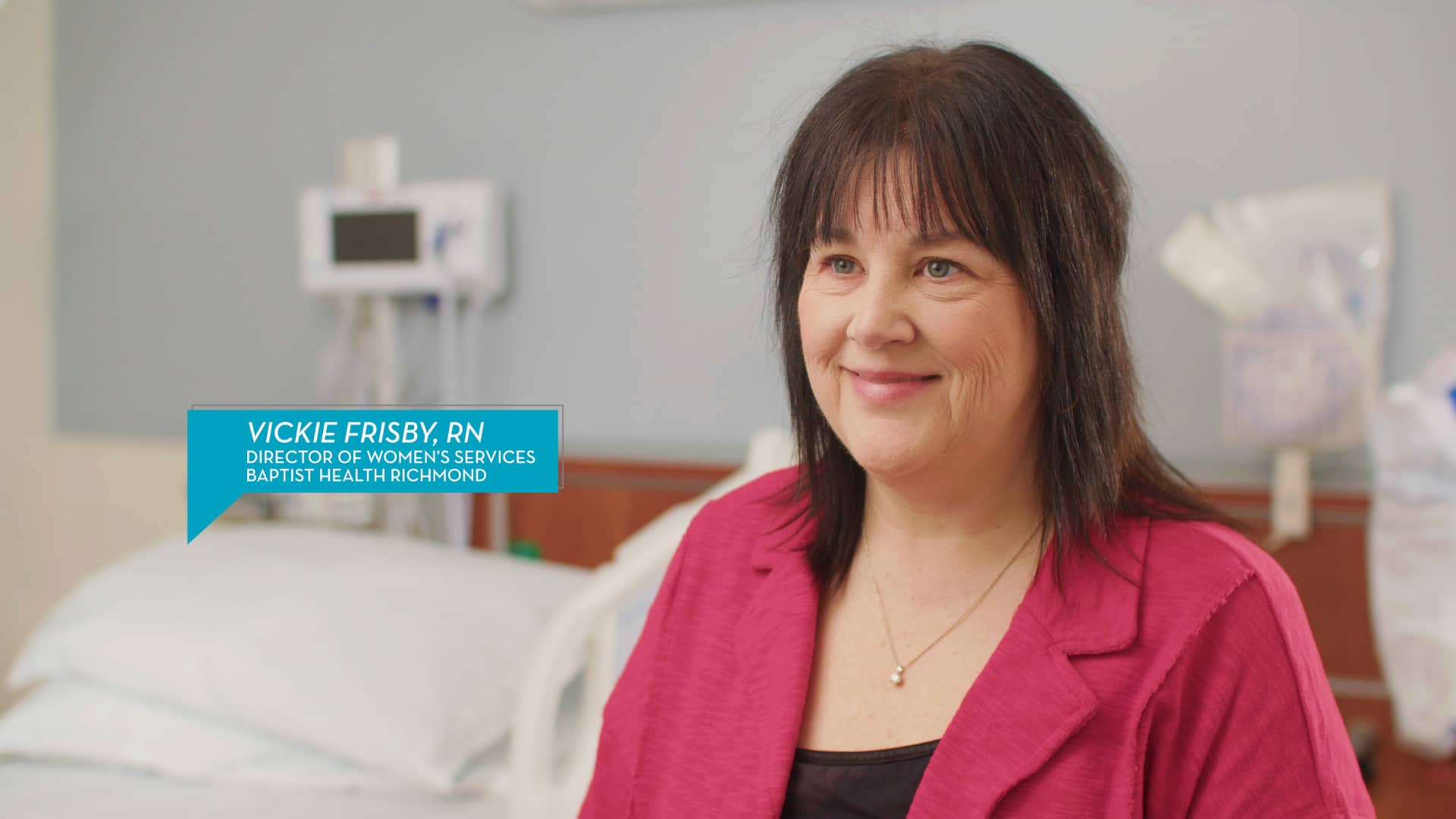What Should I Know About Pregnancy After 35 (Geriatric Pregnancy)?

Don’t worry. Having a baby after age 35 won’t make you the “old mom” at preschool anymore.
The average age of a first pregnancy has been climbing as more women delay starting a family. The average age of first-time mothers is now 26.3. That number was 24.9 in 2000 and 21.4 in 1970. For the first time, women ages 30 to 34 are having more babies than women ages 25 to 29. Delaying pregnancy allows women to pursue careers, obtain advanced degrees and achieve greater financial stability.
“There are older women just now having babies, and it’s not this strange thing that maybe it was 20 years ago,” says Danielle Mann, DO, an OB/GYN with Baptist Health Medical Group; she practices in La Grange and Louisville.
It may not be strange, but it is still labeled “advanced maternal age,” as all pregnant women 35 and older can tell you. That’s because pregnancy for women past this age is considered riskier.
Dr. Mann has firsthand knowledge of advanced maternal age: “I have three children, and I was advanced maternal age for two — almost three — of them. But I didn’t get married until I was almost advanced maternal age.”
If you’re older than 35 and pregnant — or planning a pregnancy — here’s what to know about possible risks.
Conceiving: A woman’s fertility peaks in her 20s and declines throughout her 30s. When women ask Dr. Mann for advice about timing conception, she tells them to get pregnant before age 40.
“Even with fertility treatments, it’s very tough for women over the age of 40 to get pregnant.” And your age, she points out, is just one thing doctors take into account; they will also want to know what medications you take and whether you smoke. Sometimes Dr. Mann encourages women to lose weight to maximize the odds of conception and a healthy pregnancy.
Birth defects: Older moms are at greater risk of having babies with chromosomal abnormalities. Take Down syndrome, for example: At age 25, the risk is about 1 in 1,340. By age 35, the risk rises to about 1 in 353.
“The big risk happens at the age of 40,” Dr. Mann says. At 40, the risk of Down syndrome goes up to 1 in 85; at 45, it’s 1 in 35.
Women worried about genetic or chromosomal abnormalities now have testing options that are less invasive than amniocentesis, an older test in which a needle draws fluid from the sac surrounding the baby.
And — as a bonus — these tests can reveal whether the baby is a boy or a girl, if the parents want to know.
Complications: As women near and pass age 40, difficulties can arise in maintaining a healthy pregnancy. “You have increased risk for gestational hypertension, which is an elevated blood pressure of pregnancy; increased risk for gestational diabetes; and increased risk for preterm labor and preterm delivery,” Dr. Mann says.
Although older mothers face more risks, Dr. Mann is matter-of-fact about the realities rather than discouraging. The figures she cites are generalities.
“You and I probably both know very many healthy 40-year-old women who would go through pregnancy easy-breezy and it wouldn’t be a problem.”
When it comes to care for mother and baby, Baptist Health delivers.



